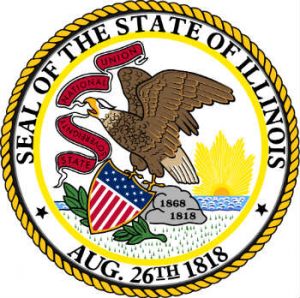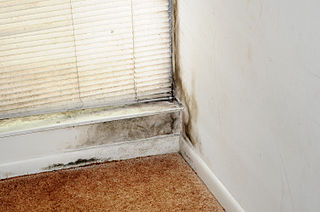
On January 1, 2018, the new State Tax Lien Registration Act went into effect, changing how state tax liens are filed in Illinois.
The act created a single centralized Illinois State Tax Lien Registry for filing notices of tax liens.
What is Statewide Tax Lien Registry?
The Statewide Tax Lien Registry is an online, searchable database of Illinois tax liens filed or released by the Illinois Department of Revenue (IDOR). The registry documents all active tax liens as of January 1, 2018, and all future lien filings and releases.
Registry Website: Illinois State Tax Lien Registry
IDOR will no longer be recording its liens or releases with local county recorders. Going forward, IDOR will maintain its own searchable Illinois State Tax Lien Registry and you can no longer search for liens through your county.
Illinois State Tax Lien Registry Video
How to know if a tax lien has been filed?
Anyone can search the Illinois State Tax Lien Registry. The registry is the only location available to search liens filed by the Illinois Department of Revenue. You will no longer be able to inquire through each individual county.
 How to access the Illinois Tax Lien Registry?
How to access the Illinois Tax Lien Registry?
You can access the registry through the “Lien Registry” link under the “Quick Links” section on the Illinois Department of Revenue website at tax.illinois.gov, or visit this direct link.
How do I find a tax lien?
When you are at the Statewide Tax Lien Registry, you can search for a tax lien using multiple forms of search criteria including:
- Lien ID
- FEIN
- Business name
- Lien filed or released date
- Taxpayer first and last name
- Street address
- Combination of above
 Search results are dependent on how the taxpayer is registered with the department. A general search or using a partial name could provide multiple results.
Search results are dependent on how the taxpayer is registered with the department. A general search or using a partial name could provide multiple results.
Search results will appear as a list of liens at the bottom of the screen. If no tax lien appears in the list area, you may want to modify search criteria to assure you have the correct information.
The results row will identify specific information about the lien, such as the date filed and the date released if applicable. For more information on a specific lien, click on the blue “Lien ID” hyperlink. The lien detail will now be visible.
Any questions about the status or the validity of the tax lien must be addressed by the taxpayer. The taxpayer is the only person who may contact the department about the lien. Call by phone at 217-785-5299.
Due diligence recommended
Because this tax lien system is new, property owners with existing tax liens before January 1, 2018, should perform due diligence that includes searching both the Illinois State Tax Lien Registry and your county recorder office to ensure all relevant state tax lien information is discovered.
Vist the Illinois Statewide Tax Lien Registry
* Advertising Material: To the extent that the information in this post is interpreted as attorney advertising in accordance with the Illinois Rules of Professional Conduct or within the meaning of state bar rules from all other localities, this statement is made pursuant to those rules.
Specialties: Specialization claims are prohibited by Illinois Supreme Court Rules and we do not claim to be specialists. The content of this e-mail is organized and presented for the sole purpose of general information. None of the included content should be construed as legal advice. Viewing this e-mail or e-mailing the account holder does not create an attorney-client relationship. NOTICE: This page may be considered advertising material.
 The Law Offices of Lora Fausett P.C. provides real estate law services including buying and selling, short sales, mortgage foreclosure defense and more.
The Law Offices of Lora Fausett P.C. provides real estate law services including buying and selling, short sales, mortgage foreclosure defense and more.
For Information Call 630-858-0090


 Did you know that mold disclosure forms are not required by Illinois law in real estate transactions?
Did you know that mold disclosure forms are not required by Illinois law in real estate transactions? Disclosure of lead paint is required by federal law
Disclosure of lead paint is required by federal law